Azeri MP dismisses mediators' statement on downed Armenian chopper

(Baku Daily) - A senior Azerbaijani MP has dismissed as a "provocation" a statement issued by international mediators in the Nagornyy Karabakh territorial conflict between his country and neighbouring Armenia, local pro-government news agency APA has reported.
Deputy Speaker Ziyafat Asgarov made the remarks in parliament on 20 November. He was commenting on the statement the co-chairs of the OSCE Minsk Group - France, Russia and the USA - had issued on 19 November to say that the wreckage of the Armenian helicopter downed by Azerbaijani forces on 12 November lied in "neutral territory".
"The co-chairs of the OSCE Minsk Group issued a provocative statement saying that the helicopter is in a neutral zone. We regard this as a pointless statement. The place where the helicopter fell is Azerbaijani territory," he said. He recalled that the co-chair countries had recognized Azerbaijan's sovereignty and territorial integrity and pointed out that, from this point of view, the statement was "a provocation, pointless and illogical".
The three co-chairs' statement, posted to the OSCE's website, said that they "remain deeply concerned that there has been no humanitarian access to the crash site of the military helicopter downed by Azerbaijani forces on November 12" and that "the wreckage of the helicopter lies in a heavily mined area of neutral territory on the line of contact".
They also called on the sides "to cease firing in the vicinity of the crash site and facilitate the demining of the area surrounding the site" and urged Azerbaijan "to permit the recovery of the bodies of the victims, and Armenia to cooperate fully with all efforts to resolve this humanitarian situation".
The helicopter was downed in Azerbaijan's Agdam District, part of which is under the control of ethnic Armenian forces. Azerbaijan said it had shot downed the helicopter by return fire.
Tensions between Baku and Yerevan escalated once again after the Armenian helicopter gunship was shot down by Azerbaijan. This was the first such incident since the armed phase of the conflict ended in a cease-fire in 1994.
























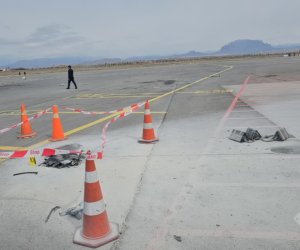
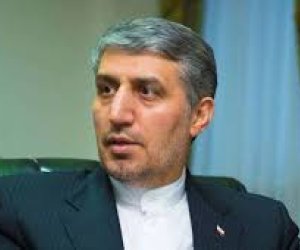
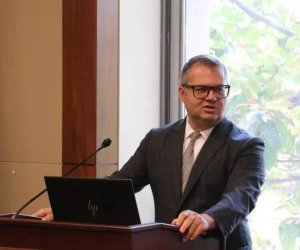

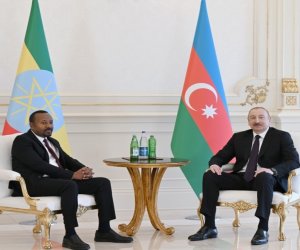
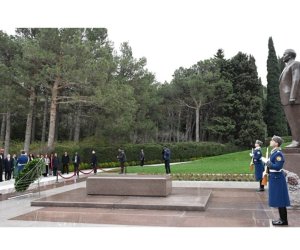


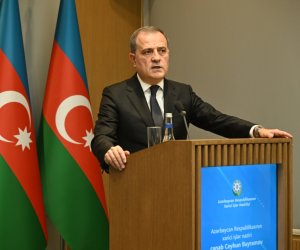



 Photo
Photo 



 Video
Video 

